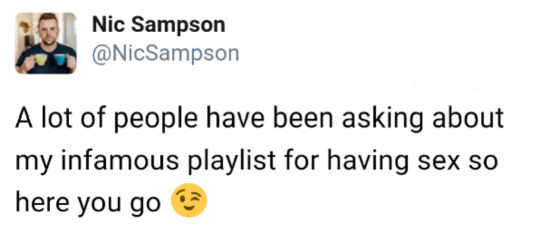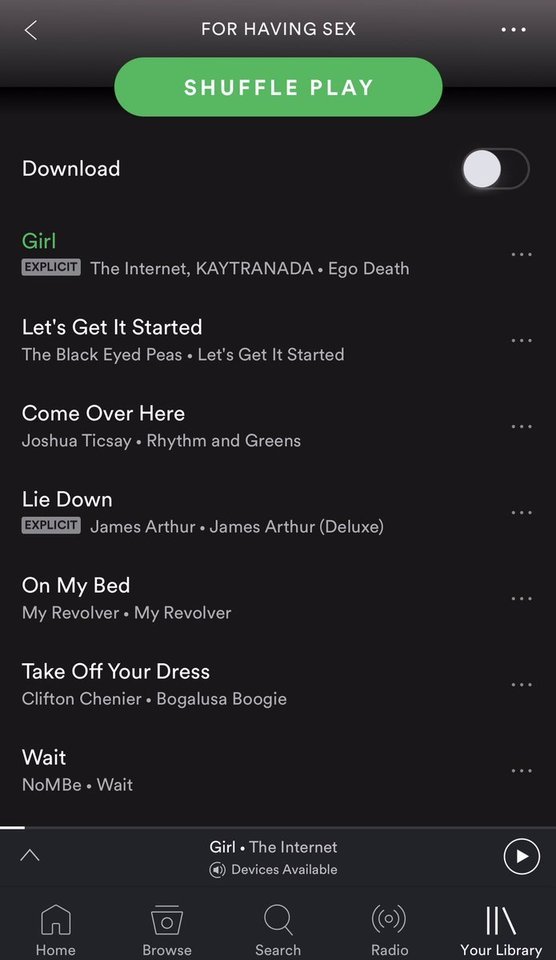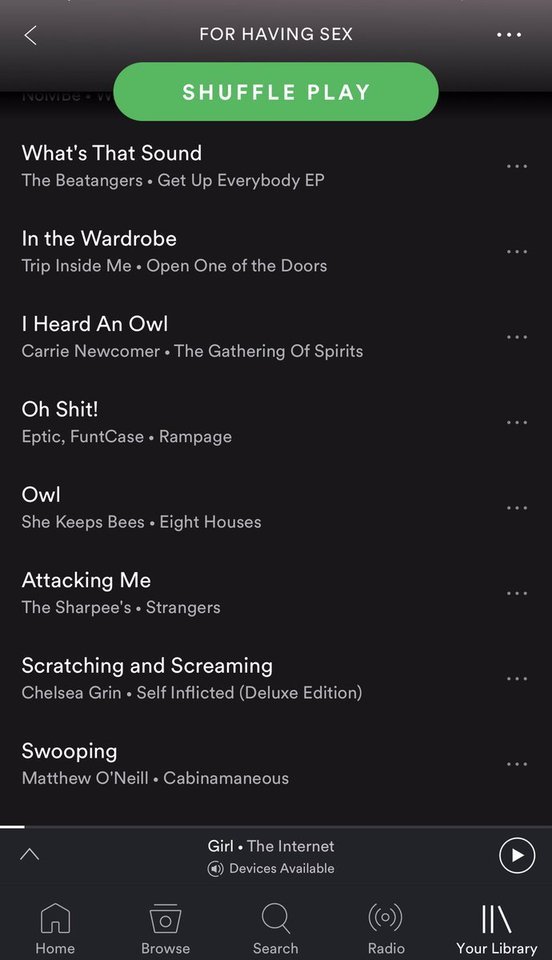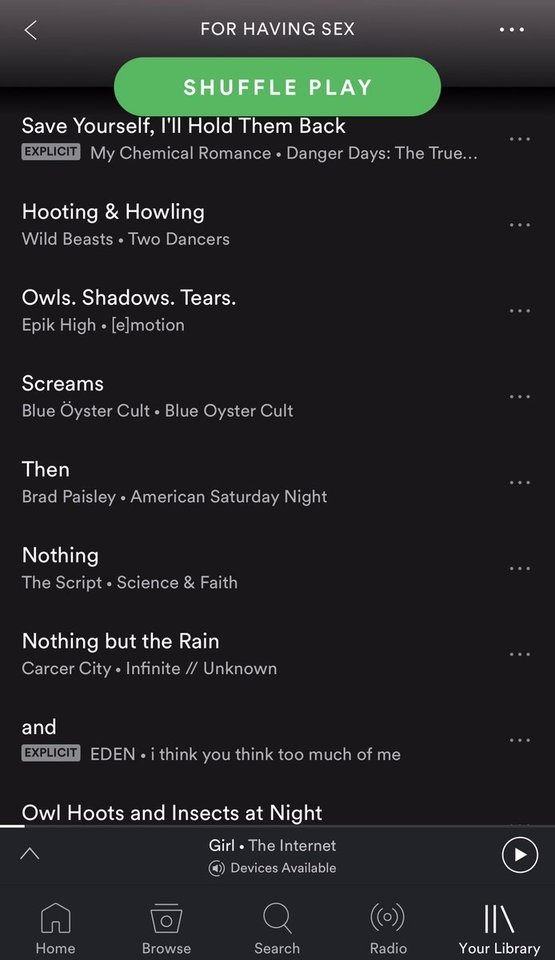Text
Does anyone else love bad weather? Like the kind that’s loud and dark and draws attention to its self like pounding rain drops and thunder and lightning that seems just so close. And you can sit near a window and it’s dark outside and maybe you’ve got a candle lit or a lamp and it’s so warm inside and you’re wearing you’re favourite sweater and watching a good show or reading a good book and it’s beautiful outside the rain and the clouds and the sound of it all and you’re just so content and cosy and happy
196K notes
·
View notes
Photo
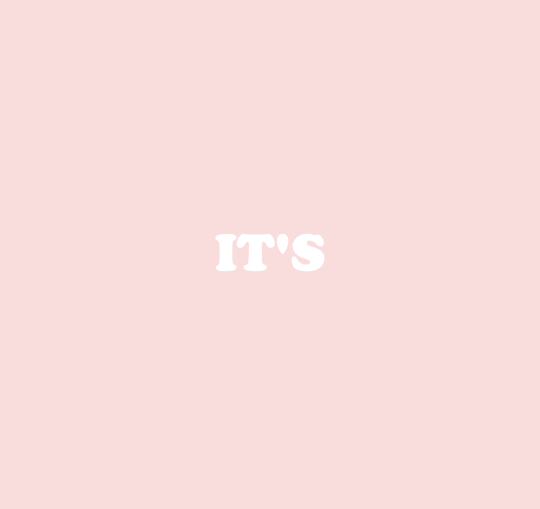
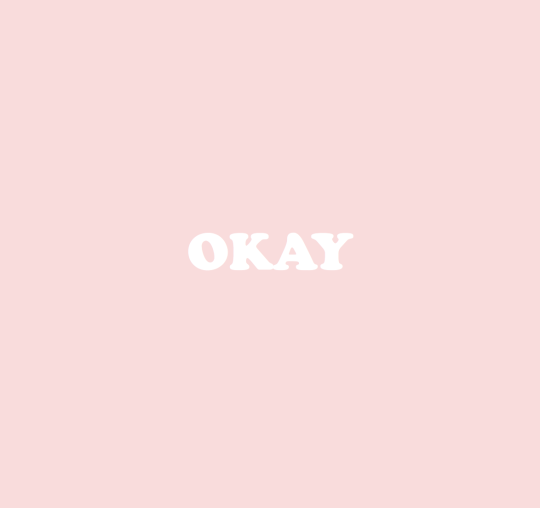
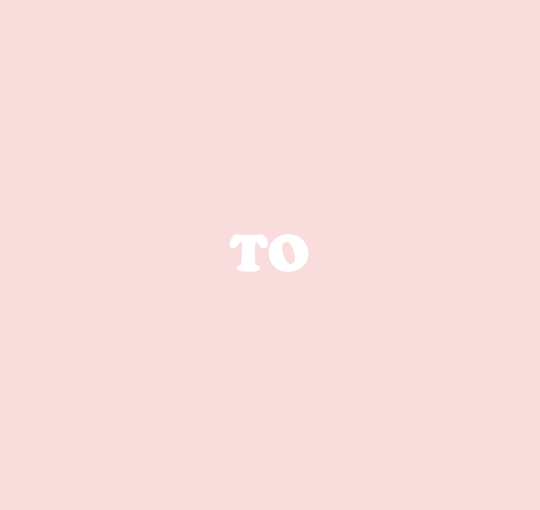

Don’t be so hard on yourself. It’s okay to rest :))
35K notes
·
View notes
Photo

I took a DND personality quiz and it fuckin nailed it
54K notes
·
View notes
Video
Even if you don’t care about this year’s E3 please at least watch Devolver Digital’s conference
65K notes
·
View notes
Video
This is still honestly one of the best things I’ve ever seen in my 22 years of homosexuality
409K notes
·
View notes
Text
french garden vocabulary 🌻🌷
🌿 Types of gardens
le jardin garden
le patio patio garden
le jardin sur le toit roof garden
la rocaille rock garden
le jardin floral a flower garden
le jardin d'agrément an ornamental garden
le jardin botanique a botanical garden
le jardin de fruit a fruit garden
un verger - orchard
le jardin potager a vegetable garden
le jardin paysan cottage garden
le jardin d’eau water garden
🍁 Some garden objects
un etang à poissons fish pond
le parterre flowerbed
le pavé paving
l’allée path
la pelouse lawn
la haie hedge
le potager vegetable garden
la serre greenhouse
le tas de compost compost heap
la fontaine fountain
le sol soil
la terre topsoil
le sable sand
la chaux chalk
l’argile clay
les outils de jardin garden tools
le balai à gazon lawn rake
la bêche spade
la fourche fork
le râteau rake
la tondeuse lawnmower
la brouette wheelbarrow
le terreau compost
le gravier gravel
les gants de jardinage gardening gloves
le pot à fleurs flower pot
l’arrosage watering
l’arrosoir watering can
le tuyau d’arrosage hose
la pelouse lawn
💐 Verbs
tondre to mow (the lawn)
ratisser to rake
tailler to trim
semer to sow
bêcher to trim
arroser to water
désherber to weed
pailler to mulch
cultiver to cultivate
récolter to harvest
cueillir to pick
🌱 Types of plants
les plantes à fleurs flowering plants
les plantes plants
les mauvaises herbes weeds
le bambou bamboo
la fougère fern
l’herbe herb
l’arbre tree
la plante aquatique water plant
le palmier palm
à feuilles persistantes evergreen
à feuilles caduques deciduous
la plante grasse succulent
le cactus cactus
la plante en pot potted plant
la plante d’ombre shade plant
la plante grimpante climber
l’herbe grass
la plante rampante creeper
l’arbuste à fleurs flowering shrub
les graines seeds
saplings les jeunes plants d'arbres
plant cuttings - les boutures de plantes
🌹 Types of flowers
rose la rose
marigold le souci
tulip la tulipe
crocus le crocus
lily le lys
iris l'iris
sweet pea le pois de senteur
geranium le géranium
gladiolus le glaïeul
chrysanthemum le chrysanthème
sunflower le tournesol
zinnia le zinnia
aster l'aster
dahlia le dahlia
daisy la pâquerette
carnation l'oeillet
primrose le primevère
peony la pivoine
bluebell la campanule
begonia le bégonia
daffodil la jonquille
jasmine le jasmin
lavender la lavande
azalea l'azalée
orchid l'orchidée
water lily le nénuphar
🌲 Types of trees
orange tree l'oranger
lemon tree le citronnier
plum tree le prunier
pear tree le poirier
olive tree l'olivier
cherry tree le cerisier
apple tree le pommier
apricot tree l'abricotier
fig tree le figuier
16K notes
·
View notes
Text
*✧・゚:*how to use korean questions words*:・゚✧*
♡ where : 어디…? 어디 살아요? where do you live? 어디 가요? where do you go? 어디 먹을 까요? where should we eat?
♡ how : 어떻게…? 어떻게 지내요? how are you? 어떻게 한국어를 공부해요? how do you study korean? 어떻게 이걸 요리해요? how do you cook this?
♡ who : 누가…? 누가 왔어요? who came? 누가 했어요? who did it? 누가 다 먹었어요? who ate everything? 누가 예림이에요? who is yerim?
♡ what : 뭐…? 뭐하고 있어요? what are you doing? 뭐 먹을 거에요? what will you eat? 뭐 샀어요? what did you buy?
♡ why : 왜…? 왜 여기 있어요? why are you here? 왜 안먹었어요? why don’t you eat? 왜 학교가 싫어요? why do you hate school? 왜 이렇게 예쁘지? why are you so pretty?
♡ which : 어느…? 어느 나라 왔어요? which country are you from? 어느 영화를 볼 거에요? which movie will you watch? 어느 음악 제일 좋아해요? which music do you like the most?
♡ when : 언제…? 언제 갈 거에요? when will you go? 언제 파리에 갔어요? when did you go to paris? 언제 그 티셔츠를 샀어요? when did you buy that tshirt? 언제 수업 끝나요? when does the class finish?
5K notes
·
View notes
Text
Body Vocab - 몸 어휘
Hello everyone! For today’s vocabulary, I’m going to show you guys the different body parts in Korean. Enjoy! :)
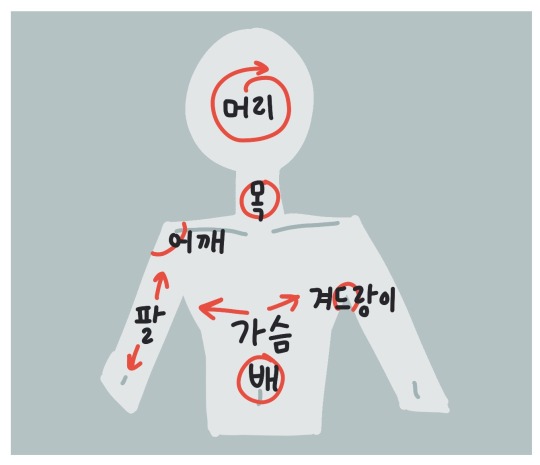
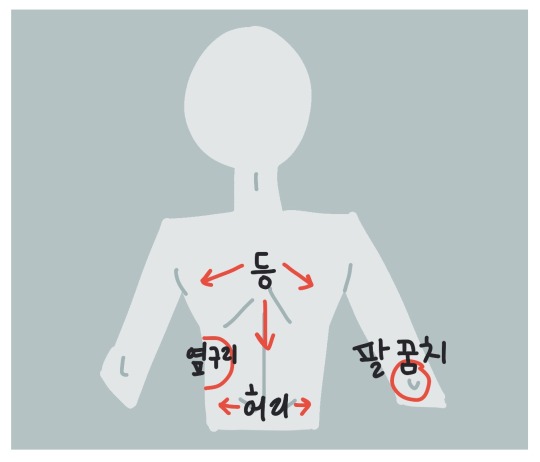
앞 - front 머리 - head 목 - neck 어깨 - shoulder 팔 - arm 가슴 - chest 겨드랑이 - armpit 배 - stomach / belly (not to be confused with pear - 배)
뒤 - behind / back 등 - back 옆구리 - side 허리 - hips / lower back / waist 팔꿈치 - elbow
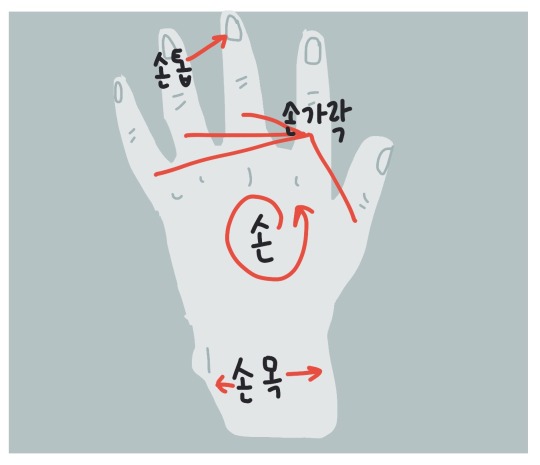
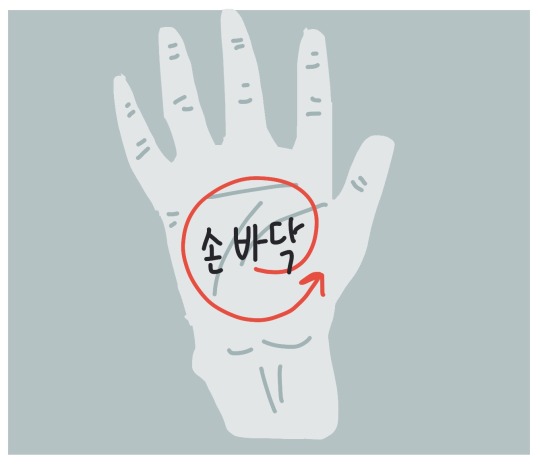
앞 - front 손 - hand 손가락 - fingers 손톱 - fingernail 손목 - wrist (directly: hand neck)
뒤 - behind / back 손바닥 - palm
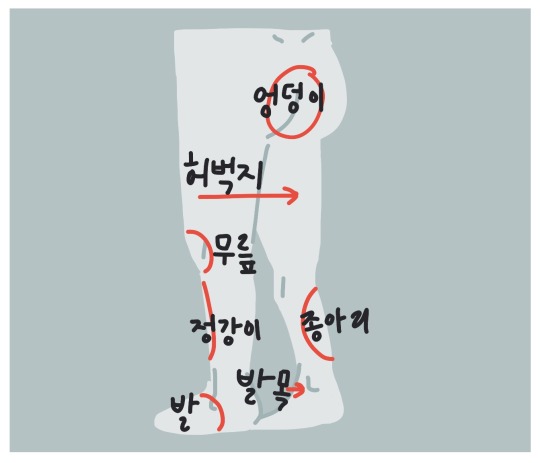
다리 - leg 엉덩이 - butt 허벅지 - thighs 무릎 - knee 정강이 - shin 종아리 - calf 발목 - ankle (directly: foot neck 발 - foot
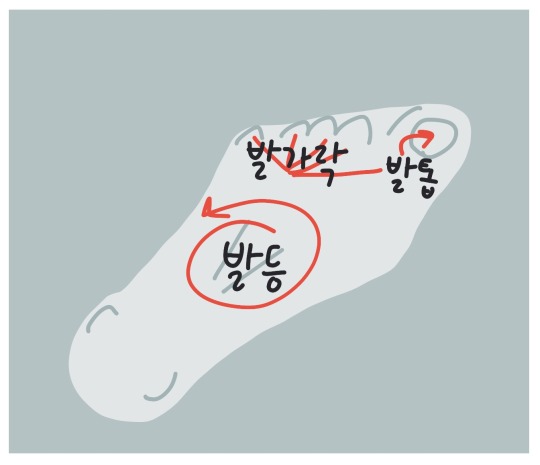
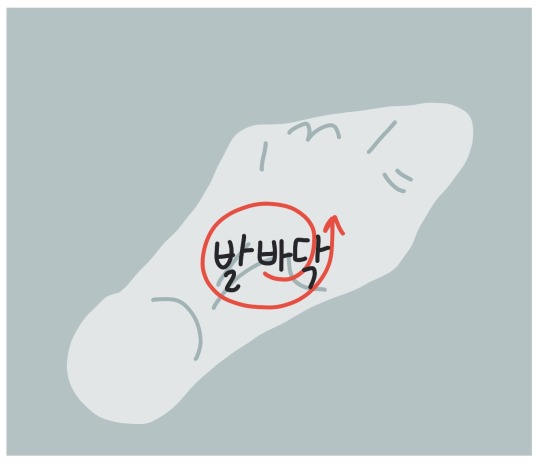
앞 - front 발가락 - toes 발톱 - toenail 발등 - top of the foot
뒤 - behind / back 발바닥 - sole
Example Sentences:
1. (내) 머리가 아프다! - My head hurts! 2. 등을 긁어 주세요. - Please scratch my back. 3. 손가락 두개 - two fingers
As always, I hope this was helpful! If there is any confusion or questions, don’t hesitate to message me! I am always here to help :)
~ SK101
5K notes
·
View notes
Text
House Related Vocabulary in Korean

집 - house, home 창문 - window 문 - door 지붕 - roof 벽 - wall 천장 - ceiling 바닥 - floor 거실 - living room 가구 - furniture 의자 - chair 소파 - couch, sofa 커튼 - curtain 침실 - bedroom 안방 - master bedroom 침대 - bed 베개 - pillow 담요 - blanket 책상 - desk 책꽂이 - bookshelf 옷장 - wardrobe, closet 욕실 - bathroom 욕조 - bathtub 변기 - toilet 거울 - mirror 주방 - kitchen 싱크대 - sink 탁자 - table 냉장고 - fridge 냉동고 - freezer 오븐 - oven 가스레인지 - gas stove 전자레인지 - microwave 식기세척기 - dishwasher 차고 - garage 지하실 - basement 정원 - garden 세탁실 - laundry room 세탁기 - washing machine 건조기 - dryer 빨래 - laundry
3K notes
·
View notes
Text
Big list of Korean verbs
닦다- to brush
달다- to hang
다치다- to hurt
싸다- to pack
당기다- to pull
일어나다- to get up, to wake up
깎다- to discount, to cut
울다- to cry
묻다- to ask
꾸다- to dream
생각하다- to think
서다- to stand
살다/지내다- to live
웃다- to laugh, to smile
자다- to sleep
달리다/뛰다- to run
낫다- to recover
찌르다- to prick
모르다- to not know
잡다- to hold, to catch
돌다- to turn
화나다- to get angry
사라지다- to disappear
맏다- to believe
보다- to watch, to see
벗다- to undress
끌다- to draw
말하다/얘기하다- to talk
눕다- to lie down
걸리다- to last
앉다- to sit
타다- to ride
읽다- to read
내다- to pay
놓치다- to miss
돕다- to help
믿다- to trust
잊다- to forget
죽다- to die
사다- to buy
되다- to become
씻다- to wash
떨어지다- to fail
잘하다- to do well
타다- to take
미끄러지다- to slip
빌려주다- to lend
알다- to know
팔다- to sell
돌아가다- to return
끊다- to quit
떠나다- to leave
헤어지다- to part
결혼하다- to marry
싫다- to hate
주다- to give
싸우다- to fight
타다- to burn
때리다- to beat
걷다- to walk
들어가다- to enter
싫다- to dislike
서다- to stop
구경하다- to look around
배우다- to learn
뛰다- to jump
줄이다- to reduce
밀다- to push
좋아하다- to like
듣다- to listen
사랑하다- to love
공부하다- to study
하다- to do
마시다- to drink
먹다- to eat
있다- to exist
입다- to wear
오다- to come
데이트하다- to date
가다- to go
보다/만나다- to meet
3K notes
·
View notes
Text
BASIC KOREAN SENTENCE STRUCTURE
♡ in korean, it is important to use the correct sentence structure, or your sentences may seem really confusing :
-> in english : Subject Verb Object -> in korean : Subject Object Verb
now, let’s look at some examples!
we are gonna use this simple sentence : “i bought a book”, in korean it would be : “i a book bought”
저는 책을 샀어요 책 = book 샀어요(past tense) from the verb 사다 = to buy it’s really different, right?
⚠ the object ALWAYS comes BEFORE the verb, and the verb is ALWAYS at the END of the sentence. ⚠
♡ locations are also used BEFORE verbs :
“저는 학교에 가요” i go to school 학교 = school 에= location particle (to) 가요 (present tense) from the verb 가다 = to go
“저는 학교에서 공부해요” i study at school 학교 = school 에서 = location particle (at) 공부해요 (present tense) from the verb 공부하다 = to study
“저는 집에 잤어요” i slept at home 집 = home 에 = location particle (at) 잤어요 (past tense) from the verb 자다 = to sleep
⚠ you can put the time before or after the subject though :
both of these sentences mean “today I will eat at home” :
before -> 오늘 저는 집에서 먹을 거예요 after -> 저는 오늘 집에서 먹을 거예요 오늘 = today 집 = home 에서 = location particle (at) 먹을 거예요 (future tense) from the verb 먹다 = to verb
“tomorrow, i will study at school” before -> 내일 저는 학교에서 공부할 거예요 after -> 저는 내일 학교에서 공부할 거예요 내일 = tomorrow 학교 = school 에서 = location particle (at) 공부하다 = to study ~ㄹ 거예요 (future tense)
♡ adverbs are added before verbs : 저는 열심히 공부해요 I study hard 열심히 = hard
and finally, adjectives work the same way as they do in english! just put them before the noun they describe :
매운 라면 = spicy ramen 매운 = spicy 라면 = ramen
예쁜 여자 = beautiful woman 예쁜 = beautiful 여자 = woman
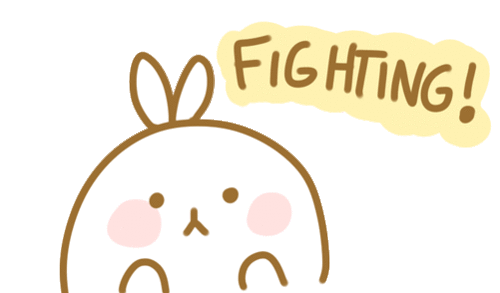
12K notes
·
View notes










